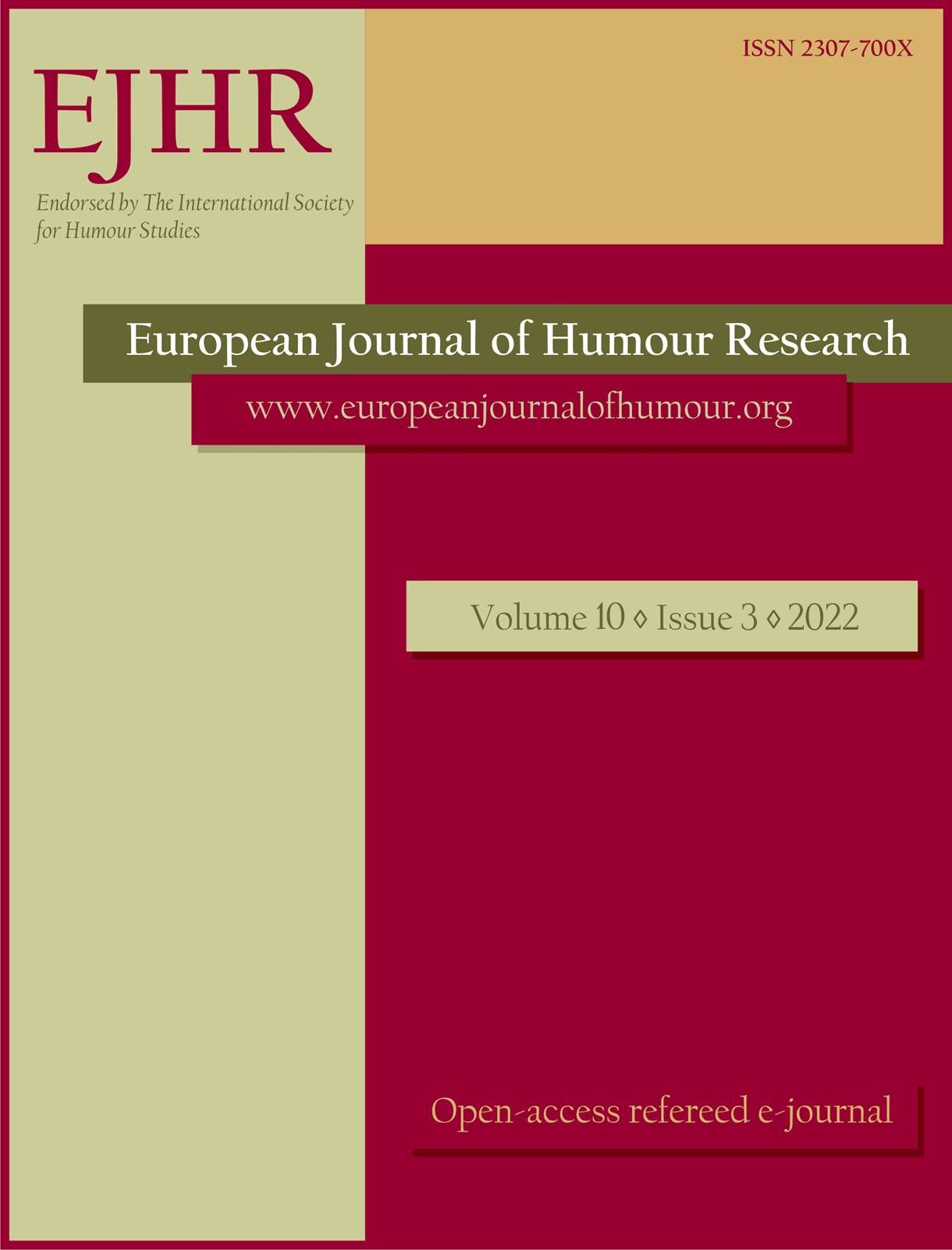Avant-garde humour as ideological supplement:
Avant-garde humour as ideological supplement:
Francoist propaganda for the unenthusiastic in María de la Hoz (1939)
Author(s): Alejandro Romero-RecheSubject(s): Politics / Political Sciences, Language and Literature Studies, Theoretical Linguistics, Applied Linguistics, Pragmatics, Sociolinguistics, Politics and communication, Politics and society
Published by: Krakowskie Towarzystwo Popularyzowania Wiedzy o Komunikacji Językowej Tertium
Keywords: avant-garde humour; political satire; propaganda; Spanish civil war; Francoism
Summary/Abstract: In 1939, when the Spanish civil war had recently ended, avant-garde humorists Miguel Mihura and Tono published an absurdist propaganda ‘novel’, María de la Hoz [María of the Sickle], about the republican zone during the conflict. Unlike other Francoist propaganda pieces of the time, it did not focus on the violence or the alleged moral degeneracy of the ‘reds’ but rather on what its authors perceived as the absurdity of egalitarianism and the progressive ideals. The novel, while not contradicting the emerging official ideology, conspicuously overlooked some of its key tenets, particularly those related to nationalism, Catholicism and Franco’s leadership. This article contextualises María de la Hoz in the development process of Spanish avant-garde humour and in Francoist propaganda fiction during and immediately after the civil war in order to analyse the ideological stance it represented and, potentially, reinforced. As a political piece, the book seems to convey the position of an affluent middle class who did not enthusiastically believe in Francoism but preferred it to the republican alternative, caricatured as a communist regime by nationalist propaganda.
Journal: The European Journal of Humour Research
- Issue Year: 10/2022
- Issue No: 3
- Page Range: 39-53
- Page Count: 15
- Language: English

